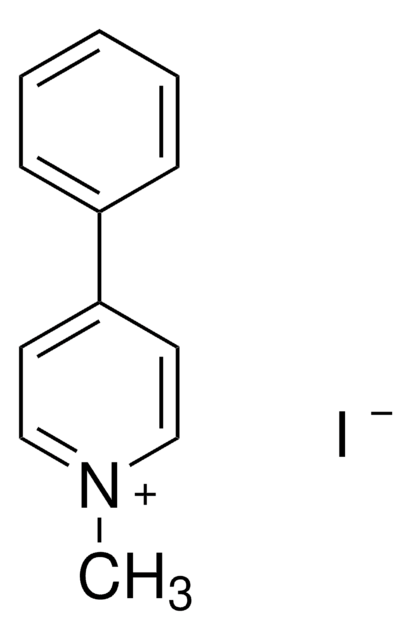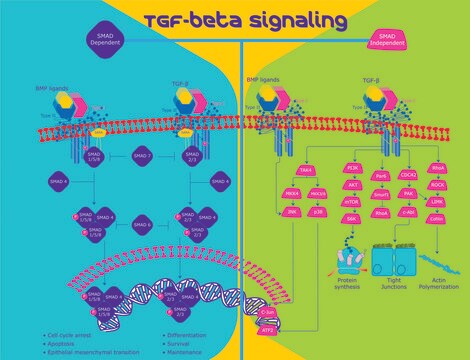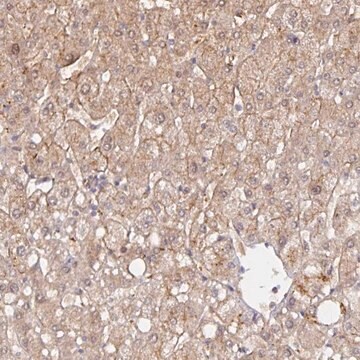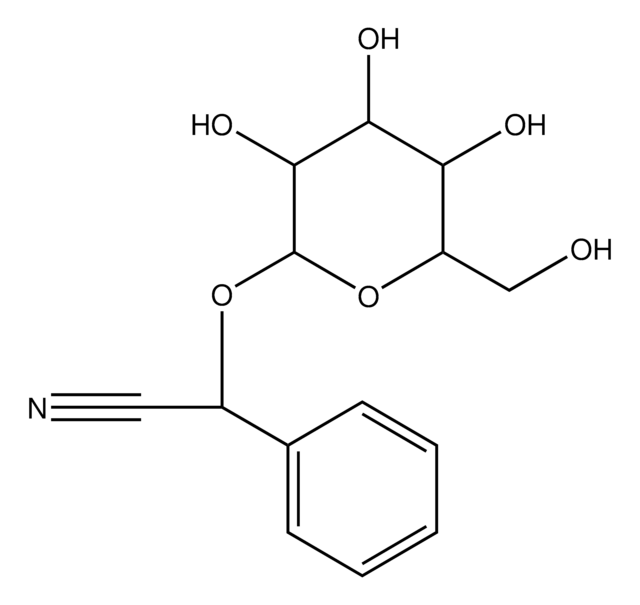M103
1-Methyl-4-(2′-methylphenyl)-1,2,3,6-tetrahydropyridine hydrochloride
solid
Sinonimo/i:
2′-Methyl-MPTP hydrochloride
Autenticatiper visualizzare i prezzi riservati alla tua organizzazione & contrattuali
About This Item
Formula empirica (notazione di Hill):
C13H17N · HCl
Numero CAS:
Peso molecolare:
223.74
Numero MDL:
Codice UNSPSC:
12352200
ID PubChem:
NACRES:
NA.77
Prodotti consigliati
Stato
solid
Colore
white
Solubilità
H2O: soluble
ethanol: soluble
Stringa SMILE
Cl[H].CN1CCC(=CC1)c2ccccc2C
InChI
1S/C13H17N.ClH/c1-11-5-3-4-6-13(11)12-7-9-14(2)10-8-12;/h3-7H,8-10H2,1-2H3;1H
QLIQCKBPYIWPTE-UHFFFAOYSA-N
Applicazioni
1-Methyl-4-(2′-methylphenyl)-1,2,3,6-tetrahydropyridine hydrochloride has been used to study its effect on core temperature in C57BL/6J mice.
Azioni biochim/fisiol
1-Methyl-4-(2′-methylphenyl)-1,2,3,6-tetrahydropyridine hydrochloride (MPTP) is a tertiary amine. It is widely used to induce experimental parkinsonism in mice.
Avvertenze
Danger
Indicazioni di pericolo
Consigli di prudenza
Classi di pericolo
Acute Tox. 3 Oral
Codice della classe di stoccaggio
6.1C - Combustible acute toxic Cat.3 / toxic compounds or compounds which causing chronic effects
Classe di pericolosità dell'acqua (WGK)
WGK 3
Dispositivi di protezione individuale
Eyeshields, Faceshields, Gloves, type P2 (EN 143) respirator cartridges
Scegli una delle versioni più recenti:
Possiedi già questo prodotto?
I documenti relativi ai prodotti acquistati recentemente sono disponibili nell’Archivio dei documenti.
I clienti hanno visto anche
C Gagnon et al.
Neuroscience letters, 163(1), 31-35 (1993-11-26)
Four monkeys were rendered parkinsonian by N-methyl-4-phenyl-1,2,3,6-tetrahydropyridine (MPTP) i.v. administration and then treated chronically with increasing doses of the D1 agonist CY 208-243 (0.05, 0.1 and 0.5 mg/kg). All animals showed a dose-dependent improvement of their parkinsonian signs after the
S K Youngster et al.
Journal of neurochemistry, 48(3), 929-934 (1987-03-01)
Several analogs of 1-methyl-4-phenyl-1,2,3,6-tetrahydropyridine (MPTP) were synthesized and screened for their capacity to be oxidized by monoamine oxidase (MAO-A or MAO-B) and their capacity to produce nigrostriatal dopaminergic neurotoxicity in mice. All of the compounds were relatively weak substrates for
R Srivastava et al.
Neurobiology of aging, 14(4), 295-301 (1993-07-01)
1-methyl-4-phenyl-1,2,3,6-tetrahydropyridine, (MPTP), produces a parkinsonian syndrome both in man and in experimental animals. Its toxicity is mediated by a metabolite, the 1-methyl-4-phenylpyridinium ion (MPP+). When injected into the striatum, MPP+ is accumulated by dopaminergic nerve terminals and retrogradely transported to
D E Dluzen et al.
Brain research, 609(1-2), 98-102 (1993-04-23)
Male mice treated with MPTP or vehicle were tested for their ability to demonstrate a memory-recognition response as evaluated in a habituation-dishabituation task. Treatment with MPTP severely disrupted the male's habituation-dishabituation response profile compared to vehicle treated animals. Administration of
E H Lee et al.
Neuroscience letters, 165(1-2), 149-152 (1994-01-03)
The interactive effects of clorgyline, deprenyl and 1-methyl-4-phenyl-1,2,3,6-tetrahydropyridine (MPTP) on striatal dopamine (DA), serotonin (5HT) and hippocampal norepinephrine (NE) were examined in the present study. Results indicated that clorgyline did not have a preventive effect against MPTP's toxicity on DA
Il team dei nostri ricercatori vanta grande esperienza in tutte le aree della ricerca quali Life Science, scienza dei materiali, sintesi chimica, cromatografia, discipline analitiche, ecc..
Contatta l'Assistenza Tecnica.










